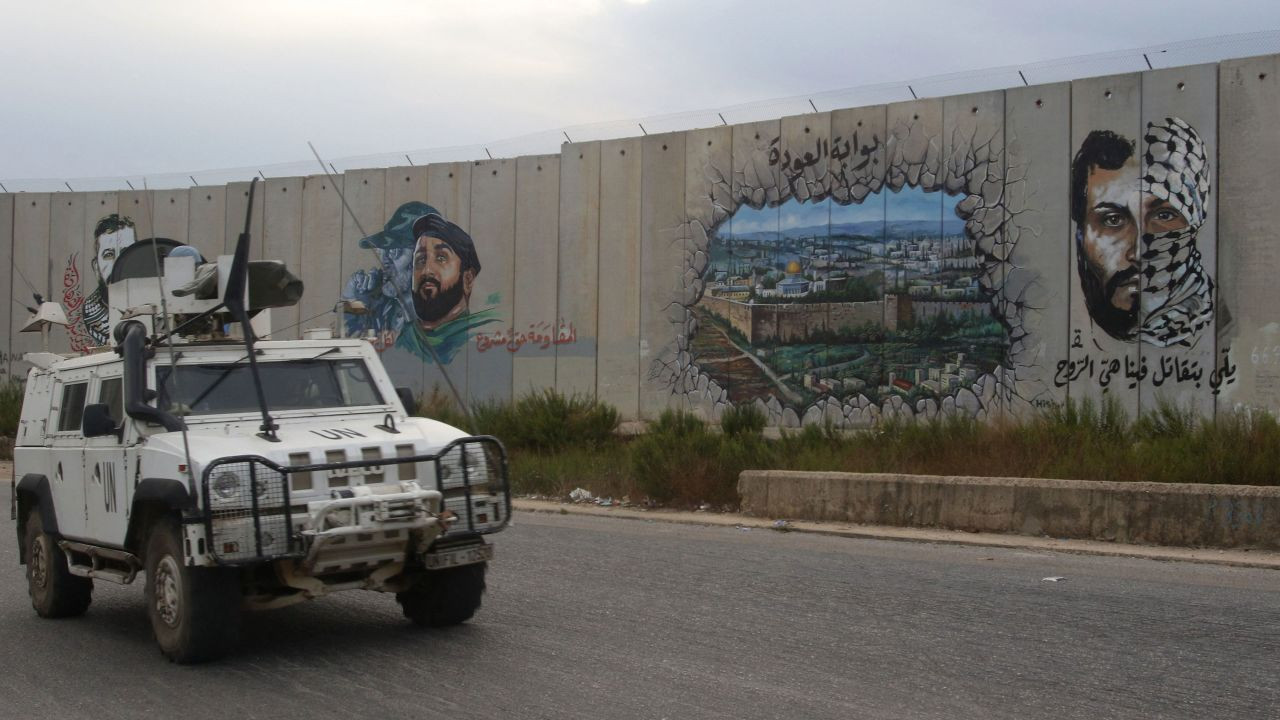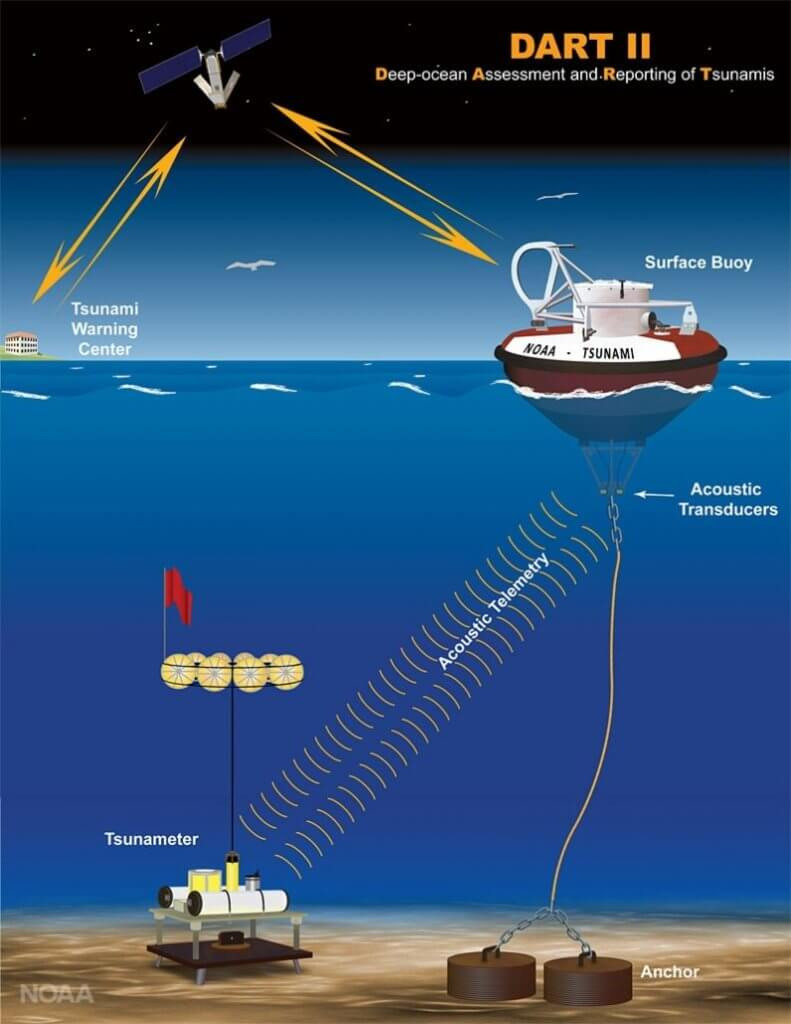The UK is sending around 700 troops to Cyprus in case an emergency evacuation of Lebanon is required as fighting between Israel and Hezbollah continues to escalate. Britons have been urged to leave Lebanon, but with airlines suspending flights to the country because of the escalating violence, commercial escape routes could be cut off as the situation deteriorates.
The deployment to Cyprus comes as the Government begins the first stage of its contingency plan, with the military team supported by Border Force and Foreign Office officials. The Royal Air Force has planes and transport helicopters on standby to provide support if necessary.
Defence Secretary John Healey announced the movement of troops on Tuesday night following a Cobra meeting earlier in the day. Mr Healey said: “Events in the past hours and days have demonstrated how volatile this situation is, which is why our message is clear, British nationals should leave now.
“We continue to urge all sides to step back from conflict to prevent further tragic loss of life.
“Our Government is ensuring all preparations are in place to support British nationals should the situation deteriorate.
“I want to thank the British personnel who are deploying in the region for their commitment and professionalism.”
The UK already has a significant diplomatic and military presence in the region, including RAF Akrotiri in Cyprus and British ships RFA Mounts Bay and HMS Duncan, which have remained in the eastern Mediterranean over the summer.
Sir Keir Starmer urged Israel and Hezbollah to “pull back from the brink” and urged Britons to board commercial flights out of Lebanon as soon as possible.
The Prime Minister will be at the United Nations in New York on Wednesday and Thursday as world leaders attempt to prevent the fighting in Lebanon spiralling into an all-out war. He told reporters travelling on his plane to New York: “The most important message from me this evening is to British nationals in Lebanon, to leave immediately and I just want to reinforce that.
“Yes, we are ramping up the contingency plans, I think that you would expect that in light of the escalation.
“But it is important that we be really, really clear: now is the time to leave.
“More broadly, I am worried about the situation and I think we need to be clear we need de-escalation, we need a ceasefire, we need to pull back from the brink.
“I think that will be amongst the first topics we discuss in New York.”
The Cobra meeting chaired by Mr Healey was attended by intelligence chiefs and diplomats and provided an opportunity to test government planning. The need for a contingency plan was underlined as more airlines cancelled flights to Lebanon on Tuesday.
Airlines in the United Arab Emirates, a key East-West travel hub, cancelled flights on Tuesday. Long-haul carriers Emirates and Etihad cancelled flights, as did FlyDubai, the low-cost carrier. EgyptAir also cancelled flights to Lebanon.
The Escalating Crisis: A Looming Humanitarian Disaster
The situation in Lebanon is rapidly deteriorating, with devastating consequences. Israeli strikes reportedly killed more than 560 people this week, and hospitals are struggling to cope with the number of casualties from two days of widespread Israeli air strikes targeting Hezbollah. Lebanon’s health minister has told the BBC what is happening in his country is “carnage”.
The International Response: A Call for De-escalation and Peace
The escalating conflict in the Middle East is likely to be a significant topic of discussion for the prime minister and other world leaders at the UN General Assembly in New York. Sir Keir arrived in the city on Tuesday evening local time. He repeated his call for an immediate ceasefire and de-escalation, along with other ministers. Defence Secretary John Healey said: “We continue to urge all sides to step back from conflict to prevent further tragic loss of life.
“Our government is ensuring all preparations are in place to support British nationals should the situation deteriorate.
“I want to thank the British personnel who are deploying in the region for their commitment and professionalism.”
A Repeat of Afghanistan? The Stakes are High
Asked by reporters how the British prime minister would ensure the situation wasn’t a repeat of the chaos in the Afghan capital Kabul when the Taliban seized control in August 2021, Sir Keir said: “The most important message from me to British nationals in Lebanon is to leave immediately.
“It is important that we’ve been really, really clear: now is the time to leave.”
The handling of the Afghan evacuation, where 15,000 people were airlifted out of the country, was widely criticised as mismanaged and chaotic. An estimated 10,000 UK citizens are currently in Lebanon. A senior government source said that the difference, for now at least, was that there were still commercial flights leaving Lebanon and British nationals should book a seat.
The Need for a Political Solution: A Plea for Peace
Alistair, a British national who is married to a Lebanese woman and living in Beirut, said that day-to-day life was mainly carrying on as normal. Asked about the intensification of the conflict, he told BBC's PM programme: “It's a different level isn't it?”
He urged diplomats to “get a deal made so the violence ceases” and to “bring peace because the ordinary folks here are just recipients of whatever is dealt out”.
The Path to Peace: A Call for Diplomacy and Dialogue
The 700 British troops deployed to Cyprus will join 500 military personnel who were sent there over the summer as part of the MoD's contingency plans for an evacuation operation. Two British warships are already in the region and Royal Air Force planes and helicopters on standby.
The escalating conflict between Israel and Hezbollah comes after Hamas gunmen attacked Israel on 7 October last year, killing about 1,200 people and taking 251 others as hostages. The Israeli military campaign in Gaza in response to the Hamas attack has killed more than 41,000 people, according to the Hamas-run health ministry. Previously sporadic fighting between Israel and Hezbollah escalated on 8 October - the day after Hamas's unprecedented attack. Hezbollah fired at Israeli positions, in solidarity with Hamas. Hezbollah has launched more than 8,000 rockets at northern Israel and the Israeli-occupied Golan Heights. It has also fired anti-tank missiles at armoured vehicles and attacked military targets with explosive drones.
The situation in Lebanon is a stark reminder of the fragility of peace in the Middle East and the need for a political solution to the long-standing conflict between Israel and its neighbours. The international community must continue to work towards a lasting peace in the region, with diplomacy and dialogue as the only way forward.

















